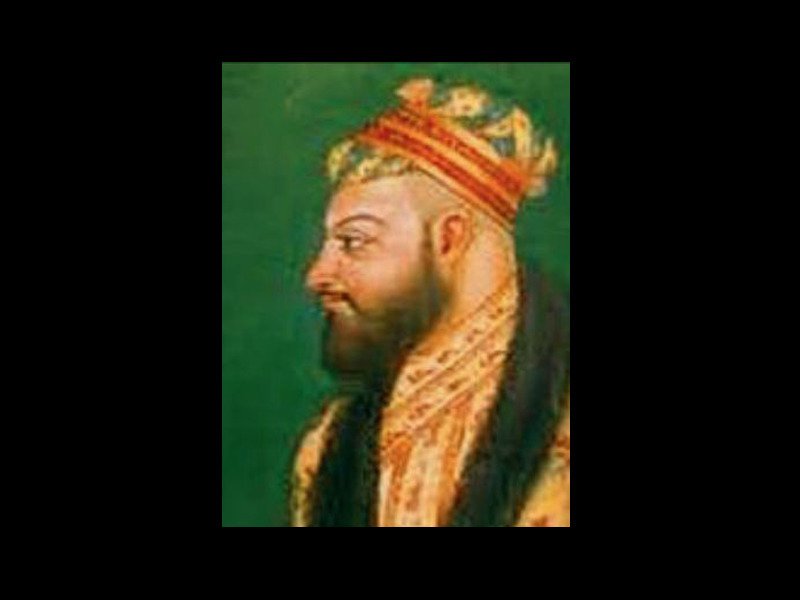Hyderabad, TELANGANA :
Hyderabad :
Malkibharamuni. The name may not ring a bell for many Hyderabadis. But much of the rich and varied cultural and linguistic heritage of Telugu owes to this former ruler of Telangana. For the first time, Ibrahim Qutub Shah IV, revered as Malkibharamuni in Telugu ballads and legends, gets recognition in the World Telugu Conference.
Ibrahim Qutub Shah, who patronized Telugu and issued royal decrees in the language, had endeared the people of his times by popularizing the local language through mega literacy drives. He and his successor Mohammad Quli Qutub Shah V, who founded Hyderabad and built Charminar, had a number of Telugu poets in the royal Qutub Shahi court. Ibrahim Qutub Shah was fluent in Telugu and his generosity towards Telugu language and culture was so high that he continues to live as a legendary Malkibharamuni in the world of Telugu literature and folks songs.
Malkibharamuni figures in the list of 83 personalities, who had contributed to the development of Telugu language. One of the arches to be erected in the city to welcome the delegates of the World Telugu Conference will be dedicated to him. Historian Abdul Majeed Siddiqui in his “History of Golcunda” published about eight decades ago extols the Qutub Shahi ruler saying that Ibrahim’s “lasting service in the domain of politics and culture had lent fascination to the name of the remarkable king and had made him alegendary figure in the Telugu literature. He is Malkibharam (Malkibharamuni) of legend and ballads.”
According to Siddiqi, Telugu, received encouragement and Telugu was patronized as liberally as Arabic and Persian languages. “Telugu poets and prose-writers were munificently encouraged and rewarded,” he said. Mohammad Quli is believed to have composed poems in Telugu too.
The Qutub Shah’s poetry “depicts his impressions about the life and culture of the Telugu society. It shows his sympathy with the local life and traditions,” Siddiqi adds.
In fact, the Qutub Shahis were the first non-Telugu kings, who spoke and wrote in Telugu. The language was at its golden peak during the period of Ibrahim and Mohammad Quli.
source: http://www.timesofindia.indiatimes.com / The Times of India / Home> City News> Hyderabad News / by Syed Akbar / TNN / December 11th, 2017









